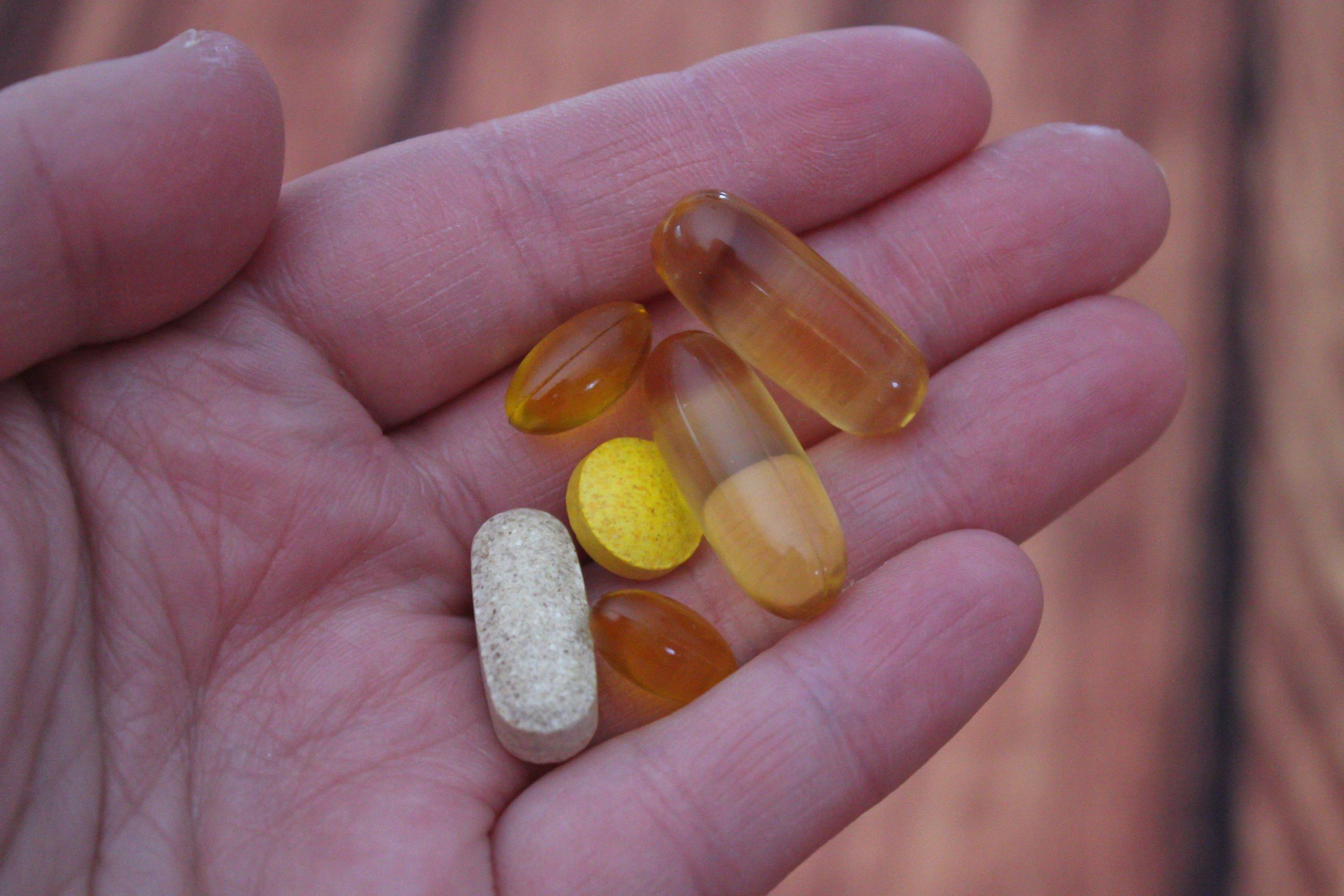Vitamins are nutrients that your body needs in small amounts to stay healthy. The amount you need depends on the vitamin. Because your body can only make limited amounts of vitamins for itself, the rest must come from a nutritious diet. Minerals are other nutrients that your body needs to function properly. Examples of minerals include iron, calcium, and zinc.
Before starting any vitamin or mineral supplements, you should talk to your doctor to determine if it is appropriate. Because these supplements may affect the way prescription drugs work, you should also tell your pharmacist if you begin taking them. It is important to remember that supplements are not a substitute for a healthy diet of nutritious foods. As you get older, however, you can become deficient in certain vitamins and minerals, and nutrients you get from diet alone may not be enough. In these cases, you should not treat yourself with over-the-counter supplements without first talking to your doctor.
- Vitamin D: helps your body absorb calcium from the gut and is essential for strong, healthy bones.
- Calcium: Almost all the calcium in your body is found in your bones. AS you age, calcium tends to leave your bones, which can put you at risk for osteoporosis.
- Iron: Important mineral found in red blood cells. Red blood cells are the oxygen-transporting cells of your body.
Article Source: Jeff Prescott, Brian Manalo, U.S. News


